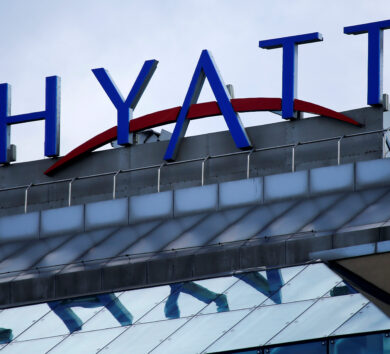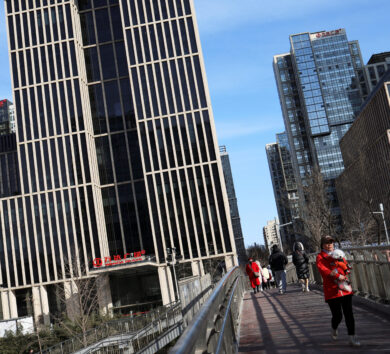Company heavily impacted by COVID-19-spurred subsidiary shutdown

SSL Venture Capital Limited is reporting a massive 220 per cent growth in net losses for the financial year ended June 30, 2020, owing to declining core revenues and core earnings.
In its just released 2020 Audited Financial Report, SSL Ventures reports that the financial results were severely impacted by the shuttering of one company, resulting in a significant decline in revenues from its retail distribution and trading business. This was as result of the closure of bars and places of amusement due to COVID-19 plus the disposal of one entity before the end of the financial year under review.
“The impact of the global COVID-19 pandemic on SSL Venture Capital business has been devastating and is an ongoing evaluation process as the crisis unfolds,” read a section of the annual report. The company’s core revenue declined by 65 per cent or $215.5 million to $116.8 million for the financial year ended June 30, 2020.

This compares with $332.2 million for the financial year ended June 30, 2019. Forty-five per cent of core revenues were generated from the retail distribution segment for the year under review compared with 83 per cent for 2019.
GROWTH IN NET OPERATING LOSSES
Net operating losses grew by $92.8 million to a record $169.7 million versus the $76.9 million reported for 2019. The losses were impacted by significant impairments in goodwill and write-offs related to discontinued business and disposal of one portfolio company.
Net loss attributable to shareholders amounted to $152.8 million, significantly higher than the $45.6 million recorded for 2019. This came to a negative outturn of 335 per cent.
There was some good news as total operating expenses for the year decreased by $7.5 million, or 5.3 per cent to $139.7 million for 2020, as against the $147.1 million reported 2019. This decrease was driven primarily by lower operational expenses brought about by efficiency improvements and improvements in governance and financial management.

Staff costs, legal and professional fees were areas where the group made significant improvements in costs control and elimination. At the end of the 2020 financial year SSL Venture Capital had $118.3 million in total assets, down $100.6 million or 54 per cent over 2019.
This was mainly due to $47.3 million in deferred taxes and $45.9 million in receivables. Total liabilities at the end of the year was $350 million as against the $307 million recorded in the prior year.
The major component of the liabilities was $270.9 million, due to the parent companies, Stocks & Securities Limited and SSL Growth Equity. Total shareholders’ equity increased to a negative $231.6 million during the period under review as against $88.2 million in 2019.
LIFELINE SUPPORT BY PARENT COMPANY
The annual report recognised the support of the parent company, which it noted “has been beyond spectacular in the last two years and without this continued support, the company will be challenged to meet existing obligations and to navigate these headwinds”.
In his message to shareholders, Chief Executive Officer Zachary Harding pointed out that “the financial year 2020 was a very eventful year for SSL Venture Capital. Like many early stage venture capital companies, we faced many challenges”.
We were able to appoint a new board consisting of prominent professionals who devoted their time and energy to supporting the management which allowed the company to operate with very minimal disruption.”
Zachary Harding, group chief executive officer of Stocks and Securities Limited
He made reference to challenges such as the resignation of the previous board and management, where the company was “forced to adapt quickly to stabilise the ship while continuing to remain focused on our vision. We were able to appoint a new board consisting of prominent professionals who devoted their time and energy to supporting the management which allowed the company to operate with very minimal disruption”.
During the year, the company addressed the governance issues and financial management and control issues allowing the entity to improve efficiency across the group. Having stabilised the operations and look to capitalise on our improvements, Harding explained that COVID-19 was upon the company “and we were again forced against headwinds that knew no boundaries. The onslaught of the COVID-19 pandemic will put the year 2020 in the history books as the worst pandemic to have graced mankind since World War II”.







Comments